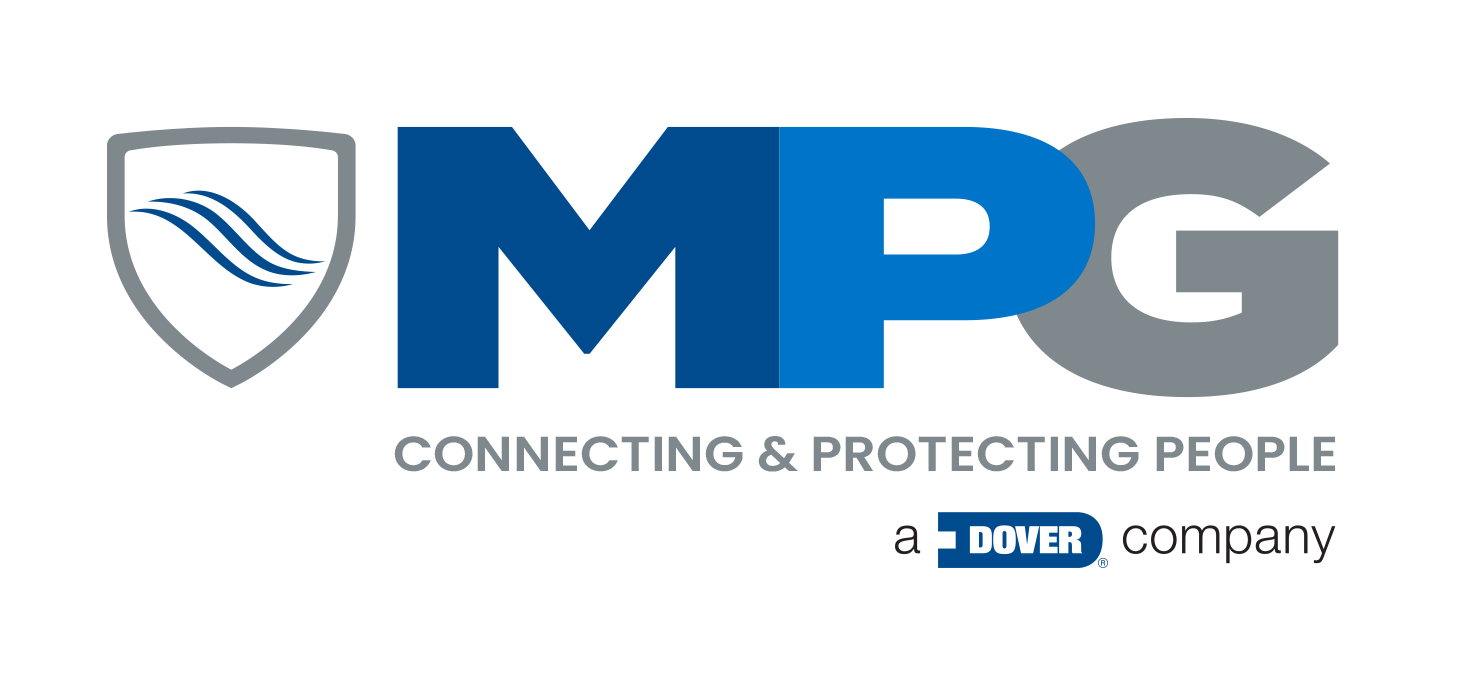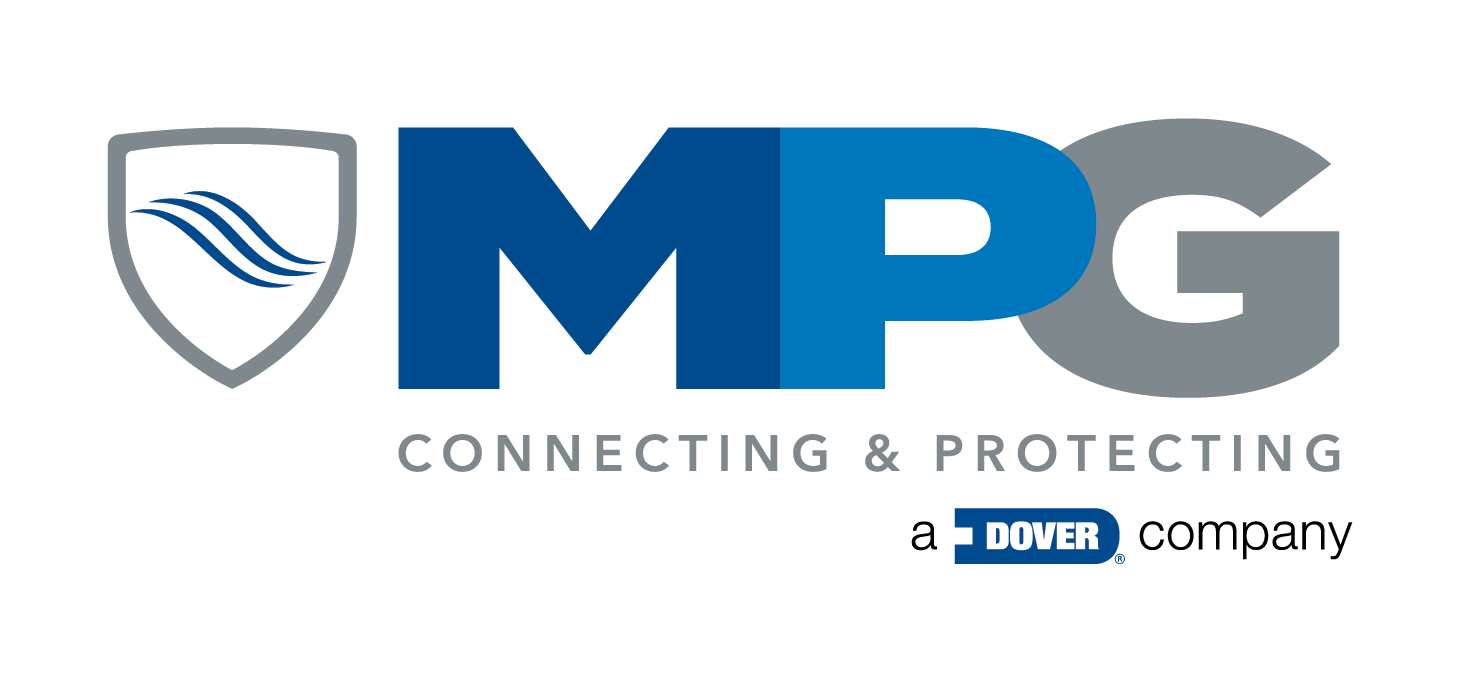Introducing MPG Solutions® EW Tuner - High-Resolution EW Intelligence in a Compact Form — Read More!
Transparency in Supply Chain Disclosure
Transparency in Supply Chains Disclosure and Modern Slavery Act Statement
At MPG, a subsidiary of Dover Corporation (“Dover”), we are strongly opposed to the use of forced, bonded, involuntary, prison, or indentured labor. At MPG, we are constantly evaluating our business and supply chain to identify, assess, and mitigate various compliance risks, including those related to slavery and human trafficking.
Steps to Assess and Manage Risks
The following information describes our company’s efforts to date and our future plans to eradicate slavery and human trafficking from our business and supply chain:
- Training. Our employees are required to complete a range of compliance training programs, including but not limited to mandatory new hire and regular training on Dover’s Code of Business Conduct and Ethics, which addresses the need to abide by wage and hour laws in the jurisdictions in which we do business, and not tolerating employment of children or forced labor, and to refuse to do business with suppliers or third parties who engage in such practices, among other things. We also provide annual training to our employees who have direct responsibility for supply chain management, including employees who work with our suppliers, which focuses specifically on slavery and human trafficking issues and ways to identify, assess, and mitigate, to the greatest extent possible, these risks in our supply chain.
- Supplier Code of Conduct. We have the Dover Supplier Code of Conduct, which addresses our commitment to seek out business partners who share our values, and which specifically requires that our suppliers (a) do not use forced, bonded, involuntary, prison, or indentured labor, (b) do not intentionally source materials from supply chains associated with human trafficking, and (c) take reasonable efforts to assure that their own suppliers do not intentionally source material from supply chains associated with human trafficking. Suppliers are not required to submit certification of their compliance.
- Code of Business Conduct and Ethics. Dover’s Code of Business Conduct and Ethics requires our employees to comply with employment-related laws, including those related to wages, hours, and minimum age requirements. It specifically instructs employees not to tolerate the employment of children or forced labor and to refuse to do business with any suppliers or third parties who do so.
- Accountability and Reporting Mechanisms. We take violations of our Codes very seriously. For example, violations of the Supplier Code may result in termination of the supplier relationship, while violations of the Code of Business Conduct and Ethics may result in termination of employment with Dover. We provide mechanisms for reporting concerns relating to known and suspected violations of the Supplier Code and the Code of Business Conduct and Ethics, which can be used by our employees, suppliers, and others, and anonymously where permitted by local law.
- Diligence, Verification, and Audit. We often require our suppliers to confirm that they adhere and will continue to adhere to our Supplier Code of Conduct. The requirement that our suppliers comply with our Supplier Code of Conduct is included in the terms and conditions of our supplier contracts. Prior to engaging a supplier and periodically during a relationship with a supplier, we conduct diligence from publicly available information (such as checking government watchlists and adverse media) to assess their compliance with applicable laws, regulations and our Supplier Code of Conduct. This verification process is generally conducted by our supply chain team. As discussed in our Supplier Code of Conduct, we require suppliers to coordinate with our requests for inspections, audits and investigations, which we may perform to assess quality and compliance with the Supplier Code of Conduct. These announced audits are generally conducted by our supply chain team. While we are not currently verifying or auditing that all our suppliers comply with local laws regarding slavery and human trafficking, we will continue to assess our supply chain for areas of improvement in eradicating slavery and human trafficking and will continue to require our suppliers to do the same.
This disclosure meets the requirements of the California Transparency in Supply Chains Act of 2010 and the UK Modern Slavery Act 2015 and sets out the steps that MPG has taken to ensure that forced labor and human trafficking are not taking place in its business and supply chains.


